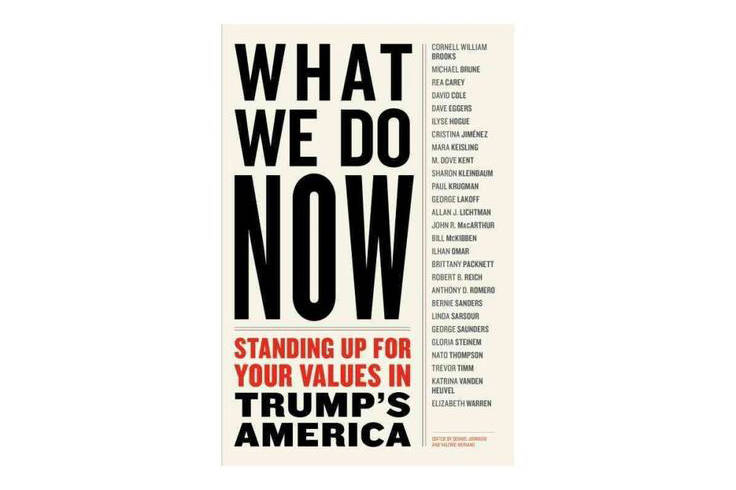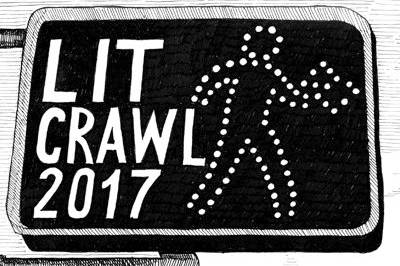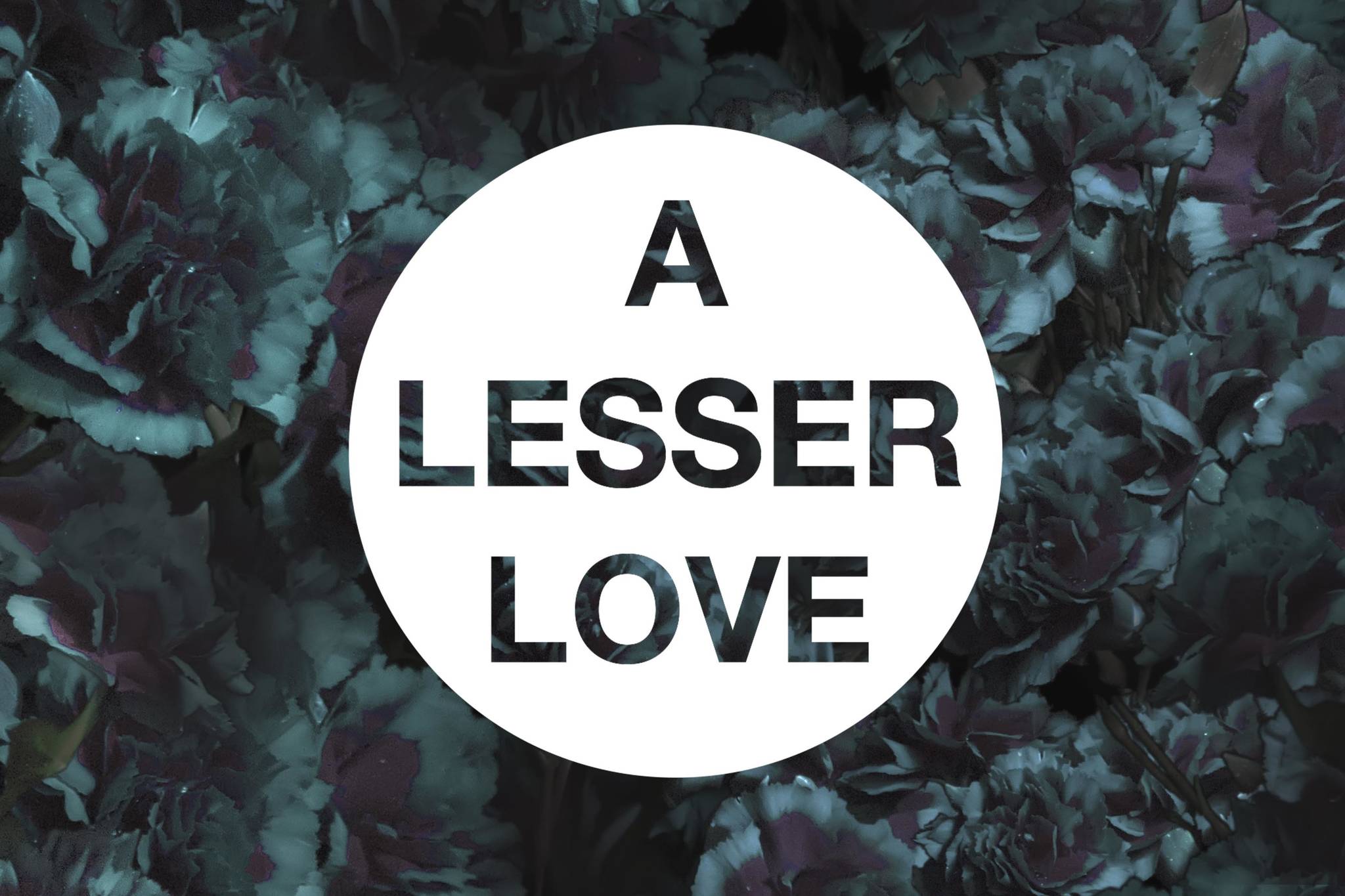Regular readers of this column know that on the first Wednesday of every month, The Seattle Review of Books and Seattle Weekly host a book club called Reading Through It at Third Place Books Seward Park. The response has been incredibly strong—60 to 100 attendees every month—because books are the perfect response to this historical moment.
It just makes sense that in a time when too many voters are low-information or low-empathy, we should turn to books for help. Books are still the best way to impart large quantities of information, and are better than any other art form at inspiring empathy in humans. Even when we let ourselves down, books are there for us. More than that, books will save us. They will inform and educate and inspire us, in ways that magazine articles, listicles, or television shows simply cannot.
Our president does not read. He prefers his memos to be a single page, with lots of images and graphs. It is not clear if he’s actually read a book as an adult—including his own bestseller, famously ghostwritten by a man who now hates him. He is the first modern American president who seems at best bored by the idea of books and at worst actively anti-book. There’s a kind of pleasurable symmetry in the thought of books coming to our rescue.
This Wednesday, April 5, at 7 p.m., I hope you’ll join us for the discussion of this month’s book, What We Do Now: Standing Up for Your Values in Trump’s America. While most books take years from initial pitch to publication date, Now was published by indie New York press Melville House in a matter of weeks. Inspired by Trump’s election and published just in time for his inauguration, Now thrums with a vitality and immediacy that most books lack.
Unlike most Reading Through It choices so far, Now is fairly unfocused. The book is divided into thematic sections: racial justice, immigration, women’s rights, climate change, etc. Many of the essays are repurposed from other publications and speeches, but placed together they gain strength and a renewed purpose.
Now collects various perspectives and experiences between two covers. Some of my favorite essays are direct calls to action, like Brittany Packnett’s encomium “White People: What Is Your Plan for the Trump Presidency?” or Harper’s publisher John R. MacArthur’s “How to Make Blue States Blue Again.” George Lakoff examines the way Trump communicates, and George Saunders provides a more impressionistic overview of the political situation.
The conversation at this month’s Reading Through It is sure to be varied and untethered from any single topic. That’s OK. (Those wanting to focus on a particular subject are invited to the May 3 session, when we’ll be reading The Righteous Mind: Why Good People Are Divided by Politics and Religion by Jonathan Haidt.) These are confusing times, and every day brings three or four issues that demand our attention and action. We’ll get through it by communicating and listening and, yeah, by reading. Third Place Books Seward Park, 5041 Wilson Ave. S., 474-2200, thirdplacebooks.com. Free. All ages. 7 p.m. Wed., April 5. Paul Constant is co-founder of The Seattle Review of Books. Read daily books coverage at seattlereviewofbooks.com.








